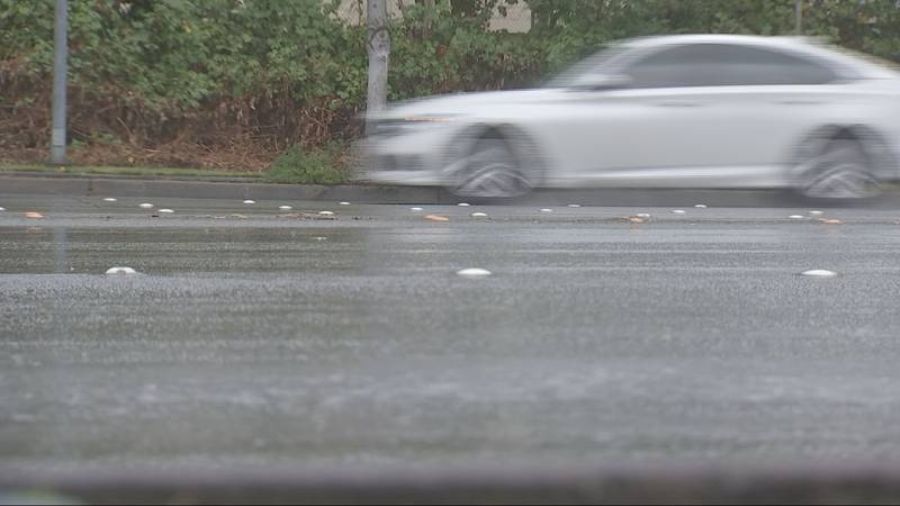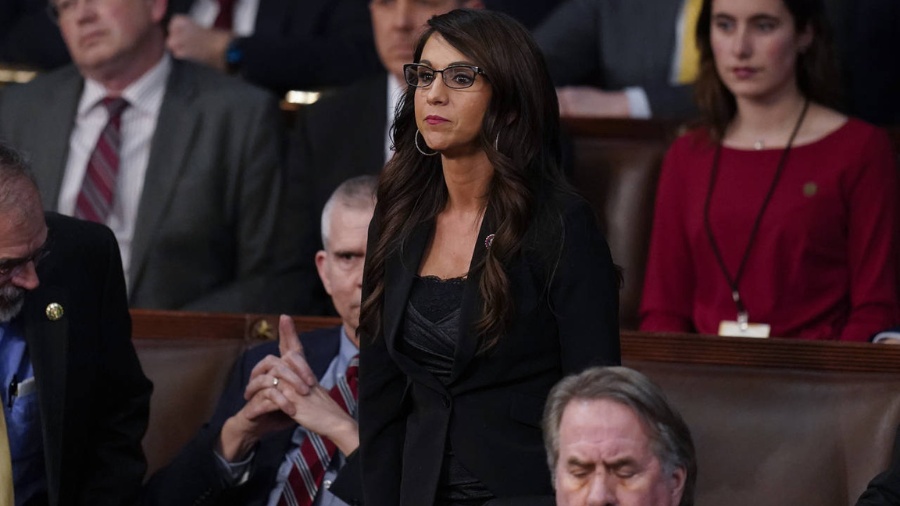Without federal aid, forecasts show high unemployment rates through 2021
Jun 4, 2020, 2:13 PM
If there isn’t more federal aid in the coming weeks and months, the United States could be headed for a prolonged depression due to the COVID-19 crisis. Josh Bivens, director of research at the Economic Policy Institute, says almost all the forecasts for the next 18 months show unemployment would remain over 10% by the end of 2021.
“So if we don’t do something significant to change those forecasts, that’s where we’re gonna be,” Bivens told Seattle’s Morning News. “We’re going to spend almost two full years with unemployment above the highest point it reached during the great recession of 2008.”
Washington unemployment rates by county released for April 2020
Bivens recognizes that the federal government has already provided strong relief in the form of unemployment payments and business loans, but a lot of it ends in the summer months. The payroll protection program is set to end at the end of June, and the enhanced unemployment insurance and extra $600 per week ends in July.
“Those things turn off like a spigot in mid-summer when forecasts are still that unemployment is going to be 15%,” Bivens said. “We’re setting ourselves up for the recovery completely stalling out really before it even begins.”
Congress will have do something to ensure that aid doesn’t turn off entirely.
“I think the two big priorities on my list are making sure that the enhanced unemployment insurance benefits continue as long as unemployment is very high. Those shouldn’t turn off like a spigot on an arbitrary calendar date,” he said. “… And then the other, really big one that has not been addressed at all is the federal government needs to give aid to state and local governments.”
Bivens says the state and local government revenues will collapse because of the economic collapse. Since it’s difficult for state and local governments to run under budget deficits, he says there will be downward pressure on their spending, which will lead to a “really big fiscal contraction” in late summer, early fall. This shortfall could reach a trillion dollars between now and the end of 2021, he said.
Waiting for tax revenues to refill the government treasuries won’t be enough to ensure state and local cutbacks don’t happen.
“Two things,” Bivens said. “One, we have not done enough to prop up private demand. … And two, basically states, the state and local sector, is the single biggest sector in the economy. It spends about $4 trillion a year. It employs more than 15 million people. Anything that allows that to become very weak and start having to shed jobs is going to have pronounced ripple effects through the rest of the economy.”
Local governments will be under pressure to cut jobs, teachers, firefighters, and transfer unemployment insurance and Medicaid payments to people due to the balanced budget requirements, if there is no federal aid.
“All that sort of feeds the vicious cycle of even private sector demand, … half the jobs lost by failing to help state local government would actually be lost in the private sector,” Bivens said.
“Even with a trillion dollars in aid to state and local governments, all that would do would be to sort of return us to the demand supply balance that we had in like January of this year, which was not a time of great inflation,” he added. “So I think you fight the problem in front of you, which is intense deflationary pressure, and the worries about going too far? I mean, I’d cross that bridge when we come to it. I don’t think we’re anywhere near it.”
Bivens thinks this can be accomplished through Congress.
“I think it could be financed with issuing debt, more Treasury bonds. I think there are a bunch of ways you can do it,” he said. “We’ve got some existing ways. The federal government gives state, local governments lots of money today. The most efficient one is just pick up all state Medicaid spending for the next two years.”
There is also a lot of federal government aid given to state and local governments through education block grants.
“I think you could ramp those up a lot, and I think those are particularly good because the nature of the shock, the fact that it’s an epidemic, … it has shut schools down, [that] means that state and local governments will need a lot of help on the health and education fronts,” Bivens said.
The Heroes Act includes more than a trillion in aid over the next 18 months, as a combination of Medicaid pick-up, education spending, and direct transfer of revenue, but needs to pass the Senate. Bivens said the aid would mostly fill the gap if passed.
“If we do nothing, if we let that shortfall fester and it really leads pretty directly to state and local cuts, we’re gonna find ourselves at the end of 2021 about five or six million jobs below where we should be,” he said. “And that’s still a huge job gap 18 months into a recession, that sort of is the scale of what we’re looking at.”
Listen to Seattle’s Morning News weekday mornings from 5 – 9 a.m. on KIRO Radio, 97.3 FM. Subscribe to the podcast here.














